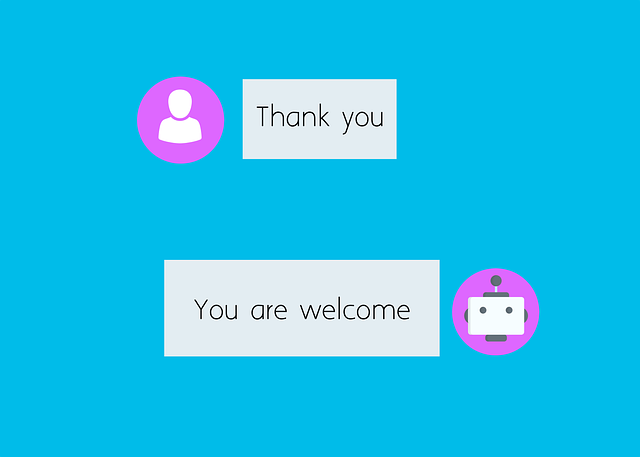AI and Blockchain technology are revolutionizing automated document processing, particularly in managing and tracking legal documents for mobile homes. AI algorithms process and interpret data from various formats, extracting critical information with precision. Blockchain's secure decentralized ledger system records every ownership change, providing an immutable audit trail. Combining these technologies enhances deed tracking, reduces fraud, streamlines transactions, and improves efficiency and transparency in real estate deals, especially for mobile homes. However, challenges include data privacy concerns and the need for investment and collaboration to establish standardized protocols across jurisdictions.
In today’s digital era, the real estate industry is undergoing a quiet revolution through the integration of AI and blockchain technology. This innovative combination streamlines document processing, automates deed tracking, and promises seamless transactions. Understanding these technologies and their interplay is crucial for navigating the future of property ownership. By harnessing AI’s capabilities and blockchain’s security, we can efficiently manage deeds, reduce errors, and enhance transparency—a game-changer for real estate professionals and homeowners alike.
- Understanding AI and Blockchain Technology for Efficient Document Processing
- Automating Deed Tracking with AI: Benefits and Challenges
- The Future of Real Estate: Integrating AI and Blockchain for Seamless Transactions
Understanding AI and Blockchain Technology for Efficient Document Processing

In the realm of automated document processing, integrating AI and Blockchain technology is revolutionizing how we manage and track legal documents, especially in the context of mobile homes. AI brings computational power to process and interpret data from documents, enabling efficient extraction of key information such as ownership details, loan agreements, and insurance policies. By leveraging machine learning algorithms, AI systems can learn and adapt to different document formats, ensuring accurate and consistent data retrieval.
Blockchain, on the other hand, offers a secure and transparent way to track deeds and transactions. This decentralized ledger records every change in ownership or modification to a document, providing an immutable audit trail. Combining AI and Blockchain for deed tracking allows for seamless verification of document authenticity, reduces fraud, and streamlines the entire process, making it faster, safer, and more reliable for all stakeholders involved in mobile home transactions.
Automating Deed Tracking with AI: Benefits and Challenges

Automating deed tracking using Artificial Intelligence (AI) and Blockchain technology offers a promising solution for streamlining the often complex and time-consuming process of property ownership management. This innovative approach can significantly enhance efficiency, accuracy, and transparency in real estate transactions. By leveraging AI algorithms, document processing becomes faster and more precise, reducing errors that may arise from manual data entry or interpretation.
The benefits are numerous; improved data security through blockchain integration ensures a secure and immutable record of deeds, eliminating fraud and dispute risks. Additionally, automated systems can facilitate seamless property ownership transfers, providing a clear chain of custody for legal and regulatory compliance. However, challenges exist, such as ensuring data privacy while implementing AI and Blockchain, especially in regions with stringent data protection laws. Implementing this technology also requires substantial investment and collaboration between various stakeholders to establish standardized protocols for effective deed tracking across different jurisdictions.
The Future of Real Estate: Integrating AI and Blockchain for Seamless Transactions

The real estate industry is on the cusp of a digital revolution, where Artificial Intelligence (AI) and Blockchain technology are set to redefine how transactions are conducted. By integrating AI and Blockchain, the future of real estate promises seamless and secure document processing for mobile homes and beyond. AI’s ability to automate tasks makes deed tracking more efficient, reducing manual errors and speeding up the entire process.
Blockchain, known for its unhackable security and transparent record-keeping, ensures that every step of the transaction is recorded immutably. This technology can facilitate smart contracts, enabling automated execution of agreements based on predefined conditions. Such innovations could streamline the buying and selling of mobile homes, making it a more accessible and transparent process for all parties involved.
The integration of AI and blockchain technology is transforming the way we process documents, particularly in real estate. By automating deed tracking with AI, industries can experience enhanced efficiency, reduced errors, and faster transactions. While challenges exist, the benefits are substantial, promising a streamlined future for property ownership and transfer. AI blockchain deed tracking represents a revolutionary change, ensuring secure, transparent, and accessible systems for all involved parties.
